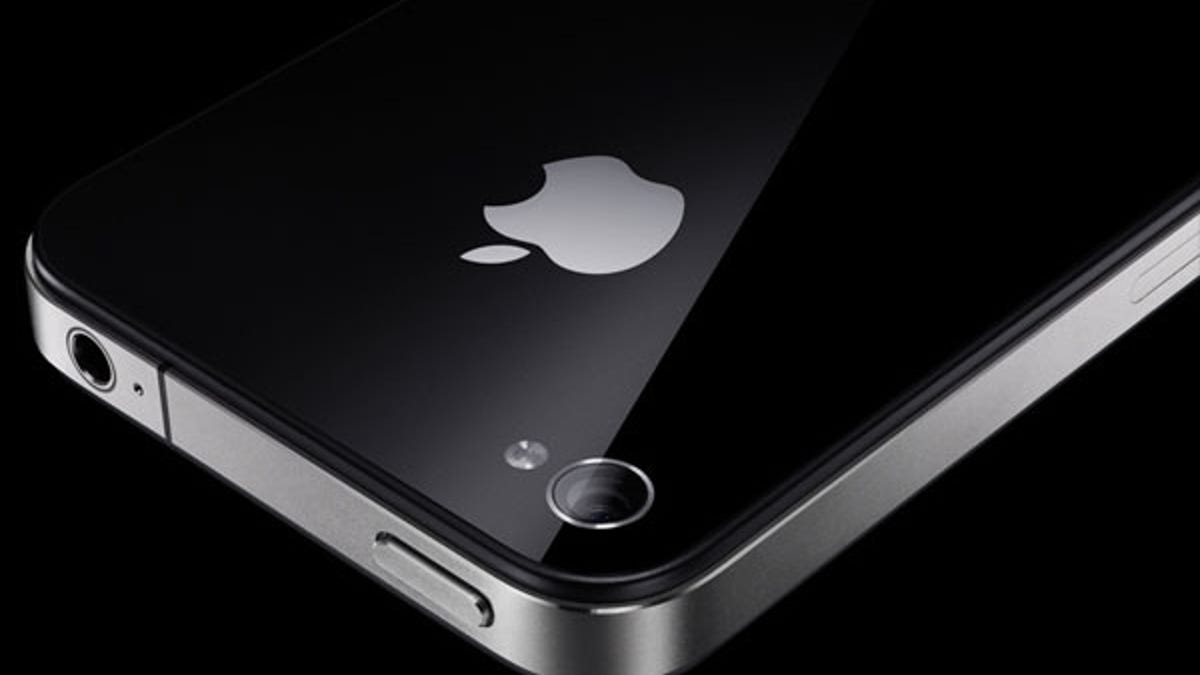Apple wins patent for inductive charging docking station
A new docking station patented by Apple would include technology to recharge iOS devices, enhance the wireless signal, and improve the speed of data transfers.

Apple has won a patent for a technology that could help iOS device owners more easily charge their phones and tablets.
Granted to Apple yesterday, Patent No. 8,207,906 is known simply as "Antenna insert" and would outfit a docking station with inductive charging circuits and a reradiating antenna.
The charging circuits would let users place their device on a docking station or other platform where it could be charged wirelessly.
As the patent states: "Devices currently require a physical connection to either a docking station, cable, or other device for battery charging and data transfer. The connectors used to make this connection can be awkward to use and require a user to properly align the handheld device to the connector."
The technology would ensure that devices of different shapes and sizes could more easily be charged through a docking station or other means. The reradiating antennas would then boost the strength of the wireless signal and the speed of data transfers while the device is docked.
The patent points to docking stations as a beneficiary of the technology. But it notes that adapters for cable connections and other types of devices could be on the receiving end as well.
When might iOS users see this technology in action?
CNET contacted Apple for comment and will update the story if we get more information.
The folks at PatentlyApple weighed in with a rough projection, suggesting we may have to wait awhile for the new docking stations.
"The patent win covers an iOS docking station based on inductive charging that has yet to surface," according to PatentlyApple. "Perhaps this granted patent opens the door for its release in the not-too-distant future."

